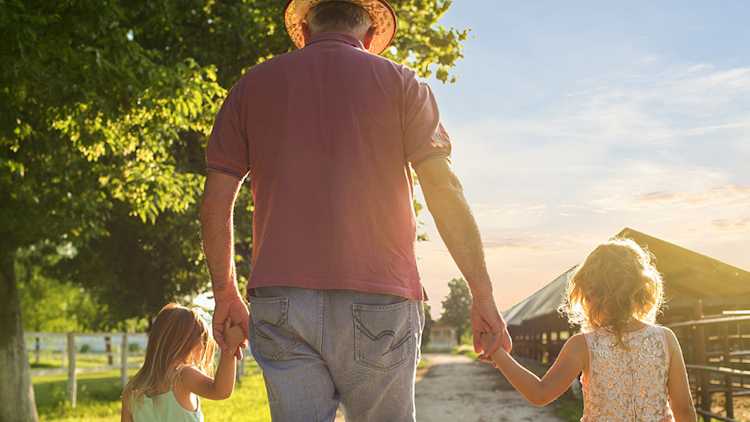Preparing for retirement: redefining your needs and purpose

This article is taken from a webinar [in French only] hosted by psychologist and speaker Pierrette Desrosiers and explores the process of preparing for retirement. It is part of a series of modules focused on managing the human aspects of the family farm business.
Preparing for retirement: redefining your needs and identity
Preparing for retirement is a pivotal moment in one’s career, including for farm business owners. It may be a period of mixed feelings, as discovering new purpose in life after a fulfilling career is not a simple challenge. In fact, statistics show that 60% of farmers are worried about their finances as the big day approaches, while half have no succession plan in place.
Make sure the skills that made you a successful business owner don‘t get in the way when you retire
This stage can be influenced by many factors, whether you’ve worked in agriculture or in another field: your physical health, your financial situation, your relationship as a couple, your passions outside work, and even your relationship with the next generation (related or not). Obstacles such as family conflict, marital problems, a social life centred around the farming community or gaps in financial planning can affect your peace of mind.
Starting this transition, even while continuing some professional activities, brings its own set of challenges. According to Desrosiers, “The most important thing is to redefine your identity as a person. If work has defined your whole life, which is often the case in farming, you’ll need to make sure the skills that made you a successful business owner don’t get in the way when you retire. Moving from the ‘driver’s seat’ to the ‘passenger seat’ can be unsettling and frightening, in terms of both your ego and the time you now have to fill.”
Explore new paths
Beyond the grief and anxiety that can accompany the end of a life cycle, Desrosiers stresses the importance of constructive reflection. This includes reviewing your values, renegotiating the division of labour with your spouse, accepting a shift in thinking and stepping out of your comfort zone. It’s also the perfect time to explore new horizons and pursue new passions. Retirement isn’t a permanent state; it can last anywhere from 10 to 40 years, so it’s always changing. “We have to come to terms with the end of our professional identity as we have known it,” she points out. Making a list of your professional accomplishments in order to cultivate pride and awareness of how far you’ve come can be extremely helpful.
Communication, planning and flexibility
Creating a program of activities will help you structure projects and establish new routines. And of course, if you’re in a relationship, be sure to share it with your partner to align your expectations and goals. Retirement is a time of opportunity and growth, not idleness. Careful preparation is essential to avoid pitfalls such as depression or feelings of emptiness or loss of control.
Keep an open mind and start thinking about the compromises you’re willing to make for your spouse, the younger generation and your friends. If you decide to continue helping out on the farm, figure out how many hours you’d like to put in. Do you have the energy to keep up the pace? Do you also need to consider caring for your grandchildren on a daily basis to help ease the burden on the next generation once you’ve retired? Make sure you’ve identified your boundaries and needs in this new phase.
The transition to retirement is all about self-respect and balance. Between moments of relaxation and new learning, you also need to be able to step back and find space for your passions – physical activity, volunteering, etc. – while retaining some decision-making freedom. “In the end, this new stage is entirely up to you!” concludes Pierrette Desrosiers.
Article by: Véronique Lemonde and Mélanie Lagacé
